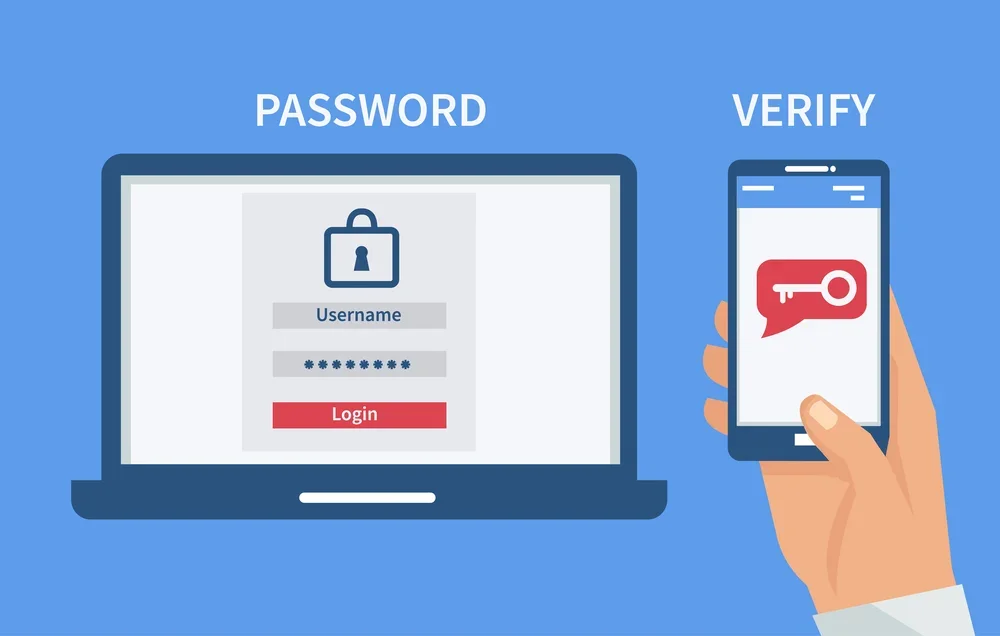Consumer preferences are increasingly leaning toward ethical and environmentally conscious products. A significant 65% of shoppers prioritize sustainable or eco-friendly attributes when making purchasing decisions. Additionally, 54% prefer locally made goods, supporting community-based production and reducing carbon footprints. Ethical considerations are also key, with 49% of consumers valuing ethically sourced labor, reflecting a growing demand for fair treatment of workers. Furthermore, 41% seek products made from organic materials, indicating a strong interest in health-conscious and environmentally safe options. These trends highlight the importance of sustainability, transparency, and ethical practices in capturing modern consumer loyalty.
3. Renewable Energy Consultancy
With governments and individuals striving to reduce carbon footprints, the demand for renewable energy solutions is accelerating. Solar energy, in particular, has seen a massive uptick, with installations growing by 43% in 2024 alone according to the International Energy Agency (IEA).
Business Idea: Start a renewable energy consultancy that assists homeowners, small businesses, and communities in transitioning to clean energy sources. Offer services such as site assessments, energy audits, system design, vendor coordination, and installation oversight for solar panels, wind turbines, or geothermal systems. Educate clients on available government incentives and long-term savings. This business not only contributes to sustainability but also taps into a booming sector with long-term relevance.
4. Urban Farming Initiatives
As urban populations swell, so does the need for locally grown, fresh produce. Urban farming helps reduce the carbon emissions associated with food transportation while boosting food security in cities.
Business Idea: Establish vertical farms, hydroponic systems, or rooftop gardens in metropolitan areas. These systems use less land and water, and they can be operated year-round. You can supply organic vegetables, herbs, and microgreens directly to restaurants, grocery stores, or consumers through subscription models. You could also provide workshops, farm tours, or kits to encourage DIY urban farming, creating community engagement alongside your business growth.
5. Green Cleaning Services
The cleaning industry is undergoing a green revolution as consumers become increasingly aware of the health and environmental impacts of traditional chemical products. In fact, 61% of customers are more likely to choose cleaning companies that use non-toxic, plant-based products.
Business Idea: Launch a green cleaning service that specializes in using eco-certified, biodegradable, and non-toxic cleaning solutions for residential and commercial properties. Highlight allergy-safe, pet-friendly, and asthma-conscious services to tap into health-conscious markets. Additionally, incorporate sustainable practices like reusable cloths, reduced plastic use, and energy-efficient equipment to enhance your brand's eco-appeal.
6. Eco-Tourism Ventures
Today’s travelers are increasingly seeking authentic, low-impact experiences that allow them to connect with nature and local communities. The goal is to travel responsibly and leave a positive footprint.
Business Idea: Create an eco-tourism venture that curates travel experiences centered around sustainability and cultural immersion. This can include partnering with local guides, choosing eco-lodges or homestays, organizing wildlife conservation experiences, and promoting low-emission transport options like cycling, hiking, or electric vehicles. Market to socially conscious travelers and position your offerings as a meaningful alternative to traditional, high-impact tourism.
Table 3: Ecotourism Popularity Factors (UNEP, 2024)
According to the United Nations Environment Programme (UNEP, 2024), several key factors influence the growing popularity of ecotourism among travelers worldwide. At the forefront is nature conservation, which appeals to 58% of tourists. These individuals are primarily motivated by the desire to explore and appreciate natural environments while contributing to their preservation. Following closely is cultural immersion, influencing 52% of tourists who seek authentic experiences that allow them to connect with local communities, traditions, and ways of life. Another significant factor is sustainable lodging, cited by 47% of tourists as a major influence. Eco-conscious travelers increasingly prefer accommodations that use renewable energy, promote waste reduction, and support local economies. Lastly, low environmental footprint motivates 43% of tourists who are mindful of their travel's impact on the planet. These individuals prioritize eco-friendly transportation, minimal resource consumption, and responsible tourism practices. Together, these factors underscore a strong shift in tourist preferences toward more environmentally and culturally responsible travel experiences.
7. Sustainable Landscaping
Transform outdoor spaces into thriving, low-water, low-maintenance ecosystems that support biodiversity and environmental health.
🌿 What It Means:
Sustainable landscaping involves the use of native plants, drought-resistant greenery, smart irrigation systems, mulch, and organic fertilizers. It reduces dependency on chemical treatments and heavy watering, aligning beauty with eco-consciousness.
💧 Stat Spotlight:
According to the Environmental Protection Agency (EPA), sustainable landscapes can reduce outdoor water usage by up to 60% compared to traditional grass lawns.
🌱 Business Angle:
There’s a growing demand for eco-friendly outdoor design among homeowners, businesses, and municipalities. You could start a landscaping business that specializes in xeriscaping, rain gardens, and permaculture designs—perfect for water-scarce regions or environmentally aware clients.
8. Recycled Art and Furniture
Turn discarded materials into beautiful, functional, and eco-conscious art and décor.
🪵 What It Means:
Instead of letting wood, metal, glass, and plastics go to waste, you can breathe new life into them by crafting upcycled furniture, home accents, and wall art. This approach not only reduces landfill load but also creates one-of-a-kind, handmade products.
🎨 Creative Business Idea:
Launch an Etsy shop or a local boutique showcasing your upcycled creations. From rustic coffee tables made from pallet wood to bottle cap mosaics, there’s a strong market for artistic, eco-themed products. You can also run workshops on DIY upcycling or partner with local recycling centers to source materials.
🌍 Why It Works:
Consumers are increasingly drawn to sustainable and unique products with a story. Your pieces offer both aesthetic value and environmental impact, appealing to eco-conscious millennials and Gen Z buyers.
9. Composting Services
Address the staggering food waste problem by turning kitchen scraps into garden gold.
🍎 The Problem:
Only about 5% of food waste in the U.S. is composted, despite its huge potential to reduce methane emissions in landfills and enrich soil for farming.
♻️ What It Means:
Start a local compost collection service for homes, restaurants, and offices. Pick up food scraps weekly, process them in a composting facility or your own compost setup, and then sell or donate the nutrient-rich compost to urban farms, gardening clubs, or even local municipalities for parks and green spaces.
🌾 Business Opportunity:
This is a low-barrier, high-impact venture. Many people want to compost but lack the space or know-how. By providing pickup, education, and a return product (compost), you create a circular economy model that’s both profitable and green.
🚚 Bonus Tip:
Offer subscription-based composting bins and collection services with tiered pricing—weekly, biweekly, or monthly.
Table 4: Food Waste Disposal Methods (USDA, 2024)






